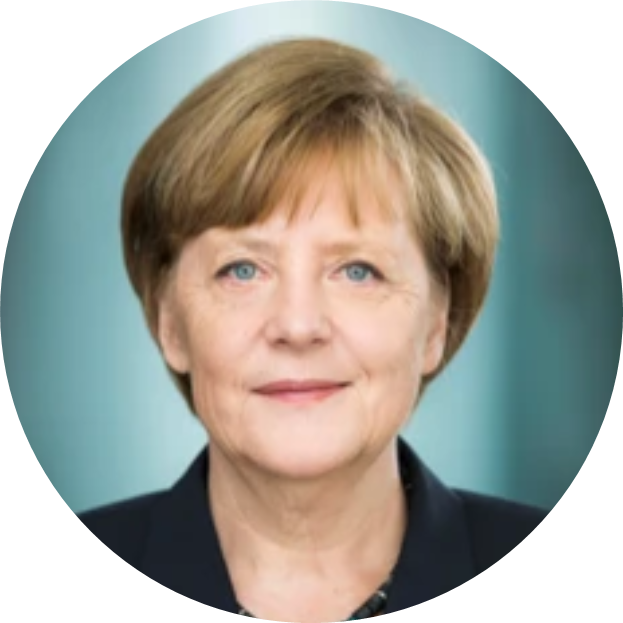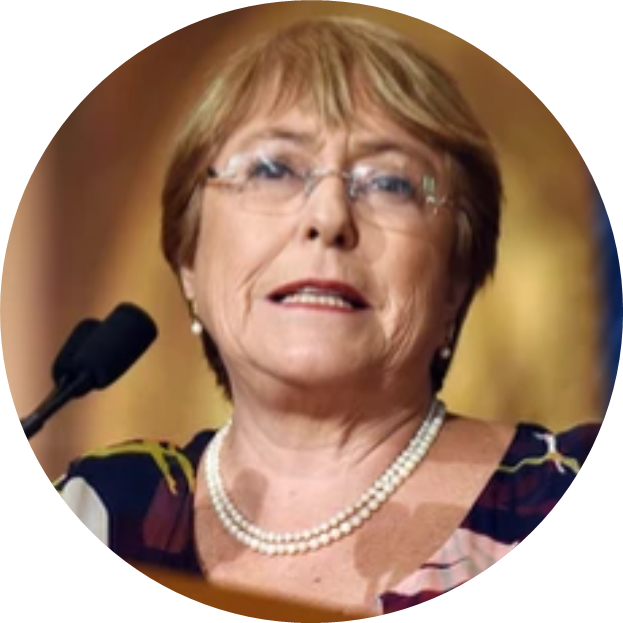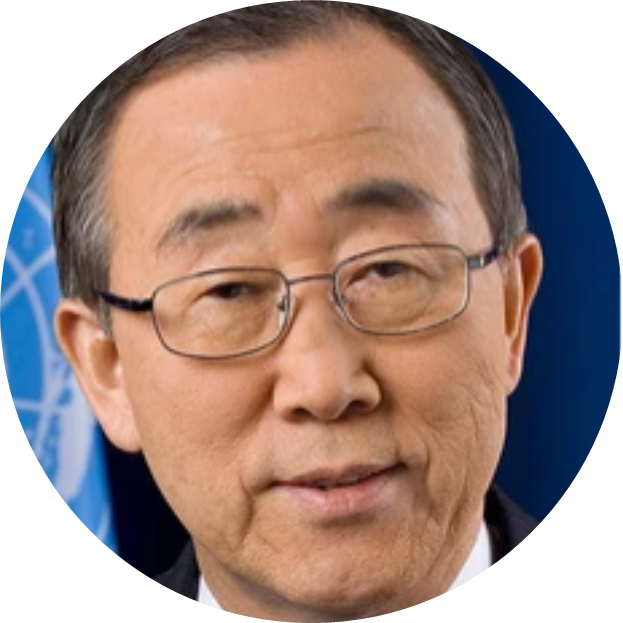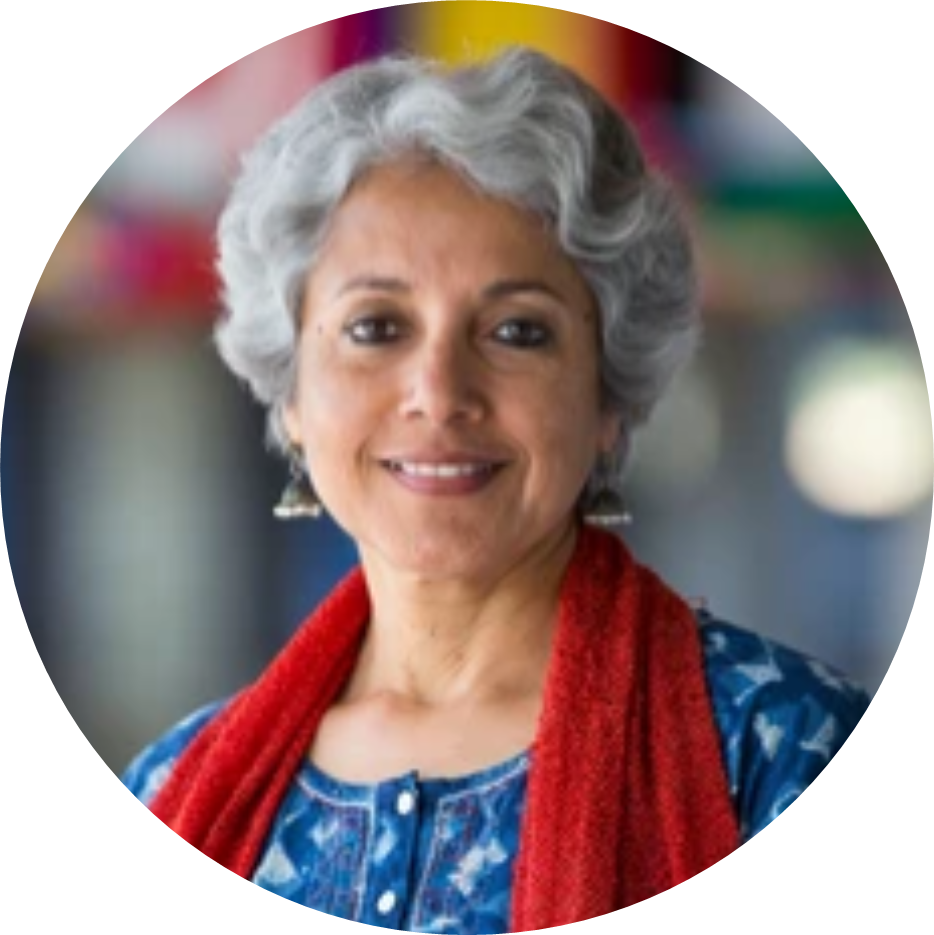
Angela Merkel was born in Hamburg on 17 July 1954, but spent most of her childhood in Templin, in Brandenburg, East Germany. After reading physics at Leipzig University (1973 1978), she conducted research into quantum chemistry at the Central Institute of Physical Chemistry at the Academy of Sciences in Berlin. She obtained her doctorate in 1986 with a thesis on calculating the velocity constants for simple hydrocarbon reactions.

Michelle Bachelet is the current United Nations High Commissioner for Human Rights. Ms. Bachelet was elected President of Chile on two occasions (2006 – 2010 and 2014 – 2018). She was the first female president of Chile. She also served as Health Minister (2000-2002) as well as Chile’s and Latin America’s first female Defense Minister (2002 – 2004).

Ban Ki-moon serves as the chair of the Ban Ki-moon Foundation For a Better Future and" as the Co-chair of the Ban Ki-moon Centre for Global Citizens. He served as the eighth Secretary-General of the United Nations (UNSG) from January 2007 to December 2016.

Dr Soumya Swaminathan was appointed WHO’s first Chief Scientist in March 2019. A paediatrician from India and a globally recognized researcher on tuberculosis and HIV, she brings with her 30 years of experience in clinical care and research and has worked throughout her career to translate research into impactful programmes.

